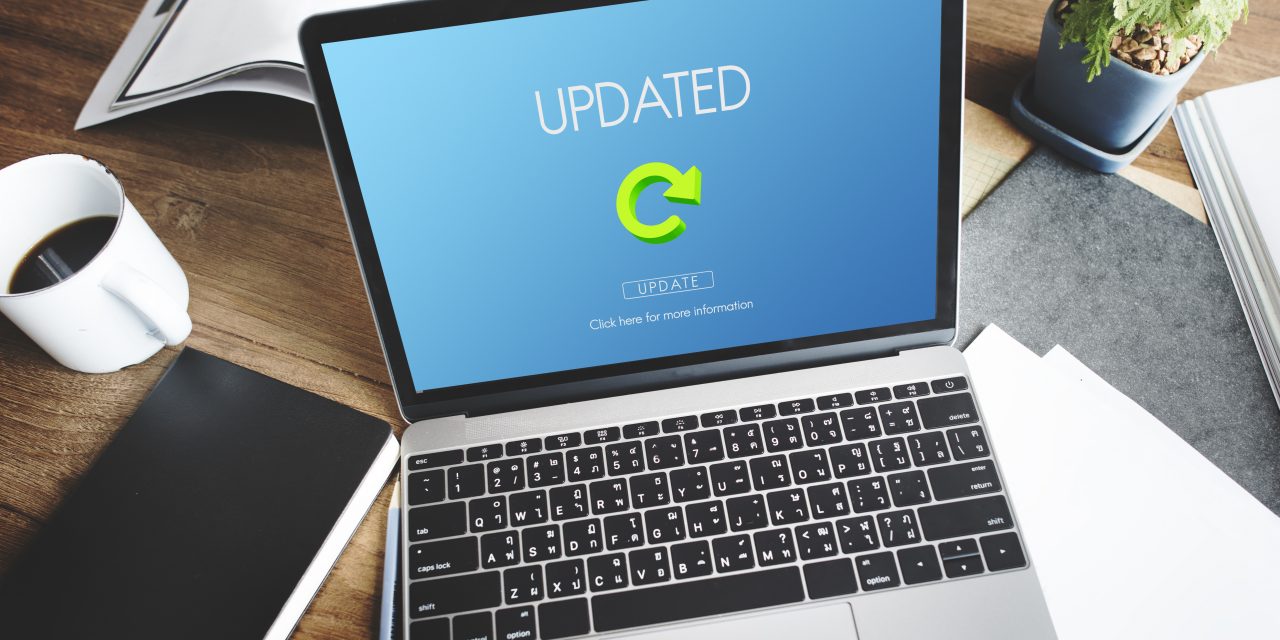
Introduction
Microsoft will officially end support for Windows 10 on October 14, 2025. After this date, PCs running Windows 10 will no longer receive security updates or bug fixes. While devices will continue to function, the absence of updates creates serious risks for organizations. In Nigeria’s rapidly digitizing market, operating unsupported systems poses significant security and compliance challenges. This report explains why Windows 10’s end‑of‑support (EoS) is critical and presents a comprehensive Windows 11 upgrade plan for MES (a Manifold Ventures consultancy) and its clients, covering technical preparation, compatibility, Nigerian compliance, phased rollout with costs, CSS‑based tracking, and revenue opportunities for MES.
Risk Analysis: Security & Compliance Implications of Windows 10 EoS
1) Unpatched Vulnerabilities & Cyberattacks
Once support ends, Microsoft will release no further patches for newly discovered vulnerabilities on Windows 10. Any security gaps found after October 2025 will remain exploitable, making unsupported systems prime targets for malware, ransomware, and zero‑day exploits. In Nigeria, where ransomware and cyberattacks are rising, outdated Windows 10 PCs become easy entry points into networks.
2) Data Breaches & Financial Damage

3) Compliance Violations (NDPR/NDPA, Industry Standards)
Nigerian data protection law (NDPR/NDPA) requires appropriate technical and organizational measures to safeguard personal data. Running an unsupported OS is difficult to justify under these standards and will likely fail audits under ISO 27001, PCI‑DSS, and sector frameworks. Organizations face legal and financial exposure if a breach occurs on an unsupported platform.
4) Loss of Support & Compatibility Issues
Third‑party vendors will progressively drop support for Windows 10. Critical apps, drivers, and security tools may fail or stop receiving updates, causing instability and blocking the adoption of newer technologies. This creates mounting operational risk and lost productivity.
Strategic Plan for Upgrading to Windows 11
The plan addresses MES’s internal upgrades and an external service offering for clients. It emphasizes pre‑upgrade assessments, compatibility validation, compliance alignment in Nigeria, phased execution, cost modeling, and CSS‑based monitoring.
Technical Requirements & Pre‑Upgrade Assessment
- Hardware Eligibility: Windows 11 requires a 64‑bit CPU (2+ cores, 1GHz+), 4GB RAM, 64GB storage, UEFI with Secure Boot, and TPM 2.0.
- Inventory & Categorization: Mark devices as Ready, Needs Minor Changes (e.g., enable TPM/upgrade RAM), or Not Compatible (replace).
- MES Internal Scan: Use PC Health Check or scripts to assess all endpoints; plan hardware refresh for non‑compliant devices.
- Client Readiness Engagements: Offer billable assessments covering hardware, software, and risk posture with a remediation roadmap.
- Backup & Rollback: Enforce user data backups (e.g., OneDrive) and define restore points before upgrades.
Compliance Roadmap
- Map the upgrade to NDPR/NDPA security obligations; update policies to prohibit end‑of‑life systems in production.
- Document DPIA‑relevant safeguards (encrypted backups, secure transfer of profiles, least‑privilege during migration).
Cost Estimation Model
| Cost Component | Description / Notes |
| Hardware Replacement | Replace devices not meeting Windows 11 specs (TPM 2.0, supported CPU). Consider leasing to spread CAPEX. |
| Software Licenses | Windows 11 upgrade is free for licensed Windows 10; budget for app upgrades where required; consider Windows 11 Enterprise via M365. |
| Migration Services (Labor) | Assessment, imaging/Intune setup, deployment execution, and post‑migration support (fixed‑price or T&M). |
| Training & Change Management | Quick start guides, webinars, and hyper-care to reduce disruption and boost satisfaction. |
| Security & Compliance Enhancements | Optional add‑ons: Defender for Endpoint, Intune hardening, MFA/Conditional Access, and post‑migration audit. |
| Extended Security Updates (ESU) | Temporary stop‑gap for unavoidable delays; avoid long‑term ESU due to escalating costs. |
Conclusion
The Windows 10 end‑of‑support deadline is a hard stop for secure and compliant operations. Upgrading to Windows 11 is a risk‑mitigation imperative, not a mere refresh. With the plan outlined, technical preparation, compliance alignment, phased execution, cost modeling, and CSS‑driven tracking, MES can safeguard its own environment and help clients across Nigeria transition confidently to Windows 11 while unlocking new service revenue streams.

